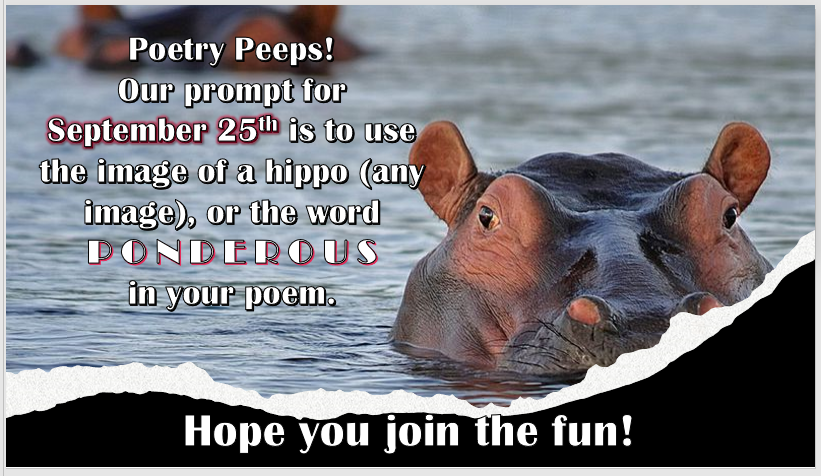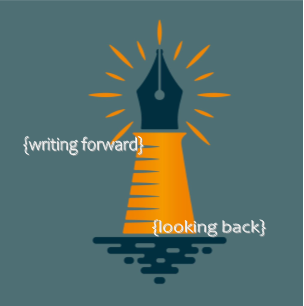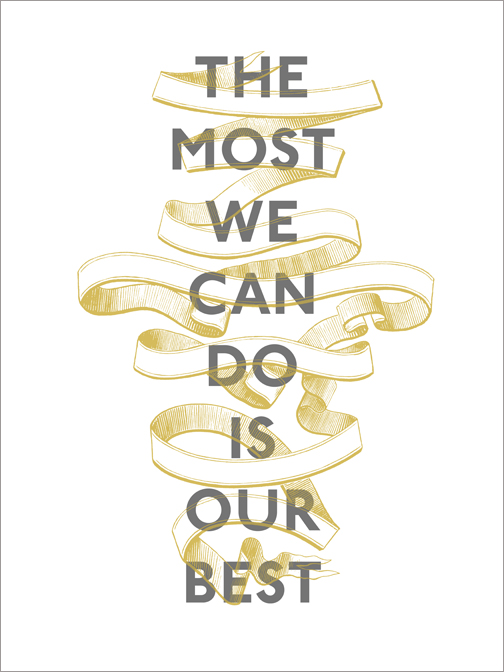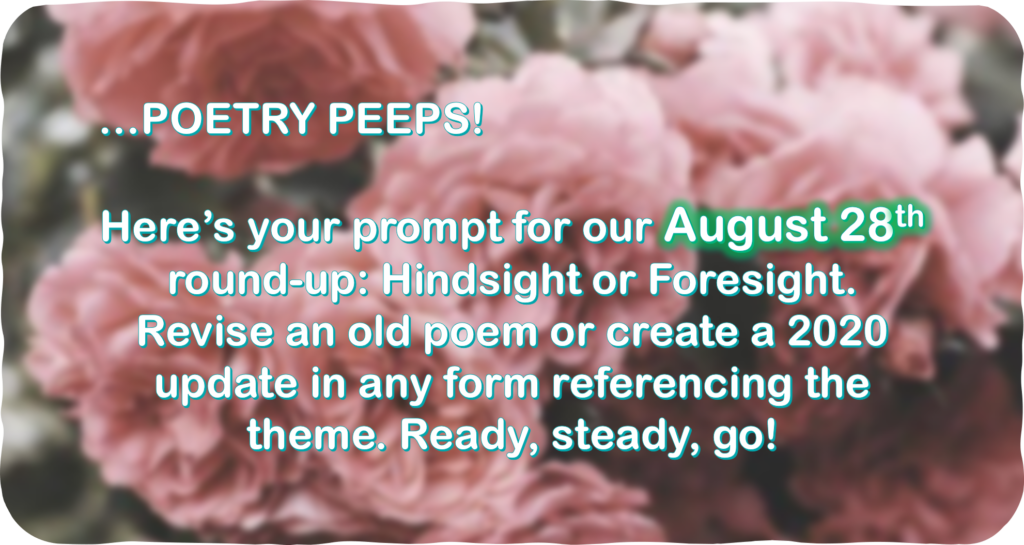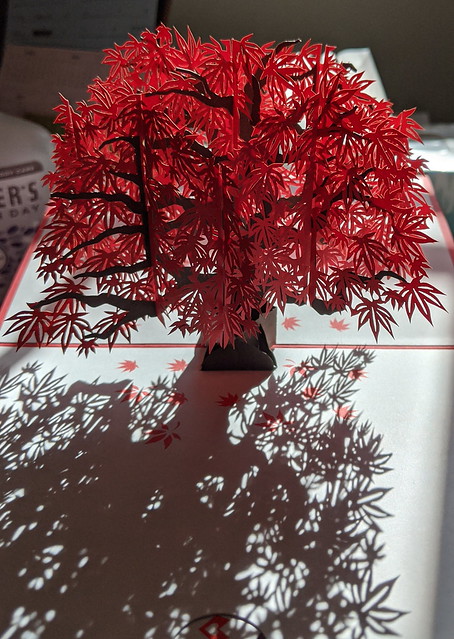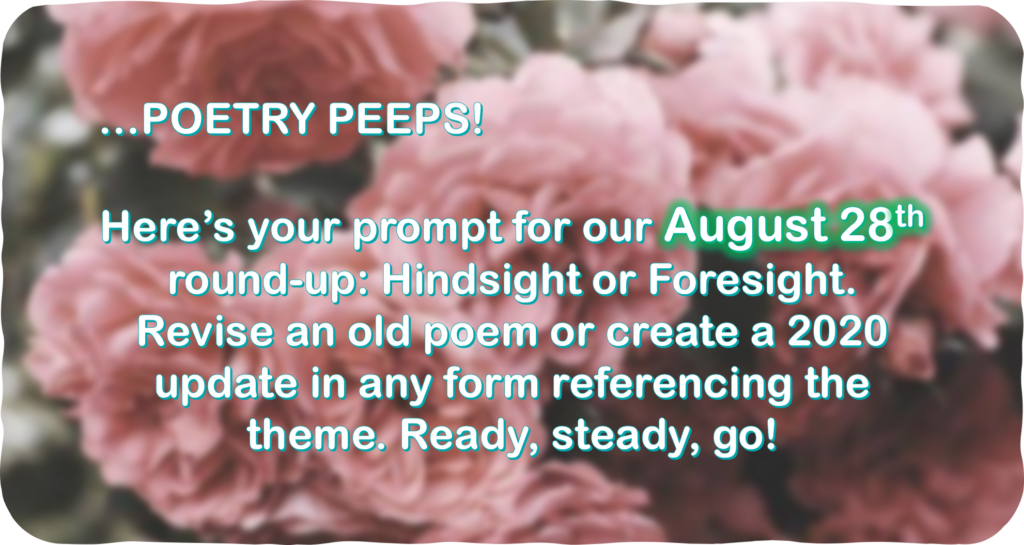Month: August 2020
{pf poetry peeps: hindsight is a golden shovel}
Last week, poet Carol V. so loved the Bach invention poem I found that she used a stanza of it for a golden shovel. That seemed as good a reason as any to revisit the golden shovel form from 2017 for this month’s hindsight challenge, and remember the particular challenges of that form. Our task this month is to either revise a poem, or write a poem in concert with a poem we’ve written before, and after these last couple of weeks, I think a golden shovel will serve nicely as a complimentary complex and chaotic form (for me – YMMV). Through a crippling heatwave, massive thunderstorms, multiple lightning-sparked wildfires, days of gray skies and breath-stealing smoke, rolling power blackouts, more humidity than I am generally prepared to deal with, AND A COMPLICATED NOVEL REVISION, August has been A Month, and I certainly need more words than mine to describe it.
And yet it’s somewhat startling to discover that it’s nearly September. I’m definitely over August, but September seems… a guest come too soon. Schools are open, faculty are stumbling into the new normal, and somewhere, some eejit is muttering already about Ugg boots pumpkin spice. And yet, it feels like this wild summer cannot possibly be finished with us yet. Too much has happened. Too many continued conflagrations spark from all corners of the world. What next? Who knows. There’s no way to engage our much valued foresight – and in 2020, our hindsight is wholly broken.
I saved this image from the graphic design journal, Print (which folded in 2017) years ago. Like the 17th century English proverb, “Enough is as good as a feast,” this particular quote has inspired me for a long time. Regardless of the David Pearson’s flowing graphic design, and his quirky title – “Fortune Cookie,” the words themselves are simple and a bit stark. The most we can do is our best. There’s literally nothing else – at all – that we can do. And while so many struggle against the changes this virus has wrought in the world, reeling from continued disappointments and discomfort, giving in to depression, the truth remains: the most we can do is our best, and not a single thing more. If you’re doing your best? Take a breath. You’ve done what you can. You’re doing all right.
The science writer for The Atlantic, Ed Yong was on NPR’s Code Switch this week, and said something else which resonated and informed my golden shovel thoughts. He said, “Throughout much of the year, people have asked themselves, how can we get back to normal? And I think radial introspection begins with understanding that ‘normal’ wasn’t so great for everyone.” Beneath the strictures of a suddenly shifted society, where the change is impersonal – and permanent – there is room only for acquiescence and acceptance. It is what it is – and the most we can do is our best to take what was and sift from it what should never have been and make what we have better than what went before. Tall order, that. But can we do anything else? Do we have any other choice?
the fortune
it dins and rattles on. the
year a scything saw blade, felling most
of normalcy. the things we
held, befouled, bereft, bereaved. how can
we amend ‘grieve’ to do?
adjust acceptance to what is?
the past imperfect, gone – our
present, tense. come, future, be our best.
Roll call for the poetry peeps! Many of our student and educator friends are treading pretty deep waters this month with the reprise of digital/distance learning, and haven’t quite made it back to poetry yet – we salute them and we’ll see them next month. Meanwhile, writing to our challenge this month is Laura’s, whose poem is here, and Michelle, whose leap into foresight is here. Carol is revisiting a firefly poem here. A very busy Sara alighted briefly here, while Tricia is here. Stay tuned for other poets checking in.
Graciously hosting Poetry Friday at My Juicy Little Universe, Heidi is remembering the other September when so much changed we thought we would never find “normal” again.
If you could have anything in the World that you wanted to put there, what would you add? I know what I’d want – you. We need you in this strange new reality in which we find ourselves. Rest up this weekend – we’ve all got a lot to do to remake a more just society. Just don’t forget – only try to carry what fits into your arms. Take a breath – and you may find the first step is easier.
TECH SUPPORT NOTES: Several of you have contacted me about various weirdnesses involved in you commenting on these blog posts – you should in theory be able to comment now, even if you log in from a WordPress.com site instead of .org; as always, updates and fixes are ongoing. Thank you for your patience!
{in case you’d forgotten…}
{poetry friday: bach inventions}
I love J.S. Bach’s musical “inventions,” which are short compositions which Bach composed for his students to learn keyboard mastery. They’re logical… in the way that scales are, with each note coming properly after the next, and coming into a lovely, restful conclusion… and they’re also… complex. I ran across a poem about them, and it just… sings. Don’t we all wish our busy, complex, chaotic lives were made into something so orderly and wise?
Bach Invention
by Jane Tyson Clement
If I could live as finished as this phrase,
no note too strong; each cadence purposed, clear,
the logic of the changing harmony
building and breaking to a major chord
strangely at home within a minor web
of music; if I could define my end,
from the beginning measures trace my course,
I might be old and prudent, shown by laws
how to devise a pattern for my days
and still be free, unhampered, yet refined.
He sat before the keys and turned the notes
into a fabric of design and peace;
here are the notes, the keys, my fingers free
to run them through their course, and here my mind
seeing his wisdom work within the chords,
finding his knowledge in the finished line.
I would be wise if such restraint were mine.
1939
Smith College, Massachusetts
Poetry Friday today is hosted by Molly at Nix the Comfort Zone which is a most provocative blog name! Have a good weekend – rest and reorganize.
{pf: latent possibilities}
Last week, Cousin Mary invited responses to a brief haiku by Issa which seemed to describe the moment before something happens – or, at least that’s how it came across to me.
if it’s a bow
its string is pulled taut…
summer field弓と弦なら弓を引け夏の原
yumi [to] tsuru nara yumi wo hike natsu no hara
I loved archery as a kid/teen/collegiate person. My someday dream is to have enough property to safely shoot in my own backyard. I love the stillness required, the strength bound up in pulling back the weighted string, the skill in the aiming, waiting to be certain… and letting go.
a transformation
from stinging tension to flight
all is potential
Poetry Friday is hosted this week by the very busy Laura Salas! May this final month of summer – both fraught with tension and rife with possibility – fly us swiftly where we’re meant to go. Happy Weekend.
{if we mention ethnicity, is the whole novel about race?}
A little over a month ago, author Linda Sue Park guest-posted at the School Library Journal blog A Fuse #8 Production about default identification in book reviewing. It’s a piece which caused me to interrogate, as a writer, my often overly careful attempts to indicate the race of a character. Many people felt squeamish and uncomfortable after Kirkus Reviews’ 2016 decision to identify the racial identity of all characters in their book reviews, arguing that race should only be mentioned if it was “important” to the story. But, what’s “important” mean, in that context? One of the odder – odder to me, anyway – comments I’ve heard repeatedly about books of mine is that the Black people aren’t as easily identifiable as Black as they “should” be.
Honestly, I’ve never known how to respond to that.
It’s a failure of imagination when one cannot ascribe characteristics of all kinds to Black and Brown people, a blind spot when one can only see people of any sort as inhabiting one narrow space in our society. The idea that there are “shoulds” attending any human being is problematic in itself, but what troubled me more was that maybe I wasn’t doing something right. Maybe the problem was… me.
In media which defaults to white as the norm for culture, behavior, and appearance, some people tend to be uneasy when race is brought up. Until recently, it wasn’t, much. Race itself, to that point of view, is obviously A Problem. If we simply don’t point out problems, everyone is happier, right? Except for the marginalized people who would, inevitably, disappear beneath the weight of the default, if we were not deliberate in making clear that they exist and they matter. So, here we are, making everyone uncomfortable, dragging in race, and making everything “too heavy-handed.”
…What brings these musings to mind, you ask? I received editorial notes today. I’m going to be sitting with them for a long time. Of course, I have to sit with my notes every single time, every single book, because that’s part of the work, but this time the sitting is troubling. For the first time, after reading Linda’s piece, I identified the ethnicity of all of the characters in the book, not with subtle descriptions but using the words white and Black. It took effort and attention because I’ve not done it before, and because I was raised in the same default as everyone else. It felt like constantly lifting a bedskirt to expose the dust bunnies beneath the bed – something one shouldn’t do, because what lies beneath clearly isn’t quite kosher. This hesitancy, this difficulty alone convinces me that naming and claiming clearly is something I need to do.
NOBODY – least of all me – IS A RACE EXPERT (except if you have a PhD or something, and that’s your life’s work, in which case, I bow to that expertise). I don’t have expertise in having hard conversations about race with people – I tend to avoid unkind people and situations rather than confronting them. And, I know wholly that if something doesn’t come through in a text, it is almost always on the writer, not the reader, to repair and revise and communicate and do better. And yet, I wonder if merely mentioning race causes some readers to don a pair of brown-colored glasses and see everything through its lenses, and thus ruin the whole story. Certainly the misunderstandings of the characters, their motivations, and their concerns that I’ve read smacks me right between the eyes and tells me that I have a lot of work to do.
I… admit that I’m struggling, and the struggle is painful. Everyone hates to be misunderstood – so, so much, but… How much of an “explanatory comma,” as Code Switch puts it, does a writer owe their readers? How much do we explain, and how much do we let go? How often can we say, “No, that doesn’t mean…” before we’re shifting the whole story so it doesn’t make anyone unhappy?
